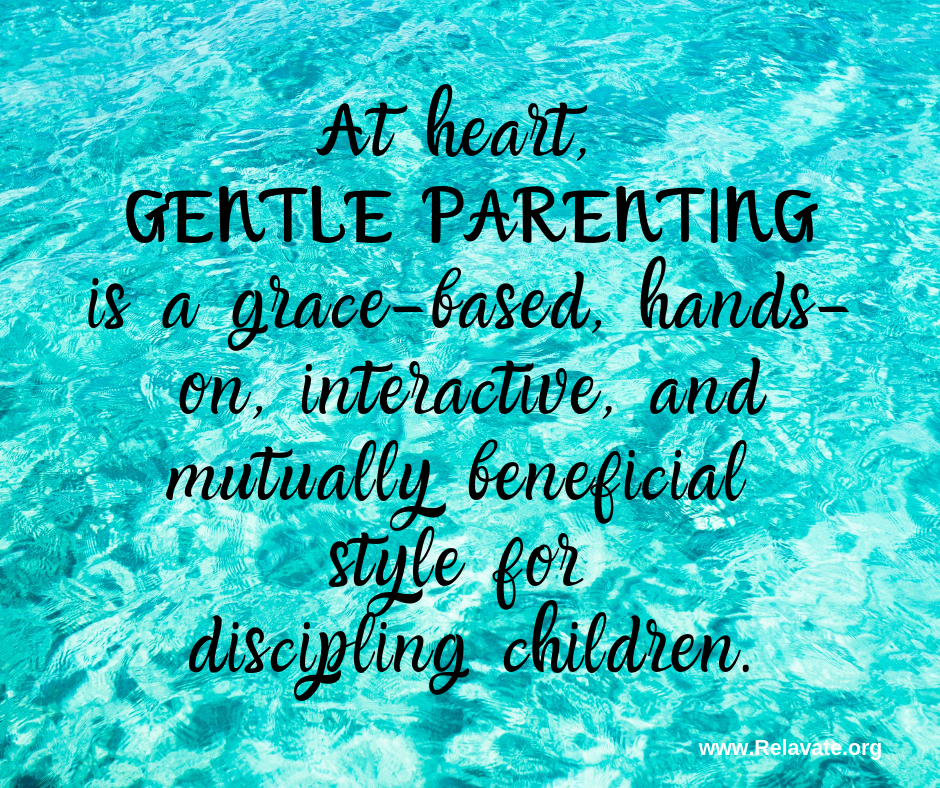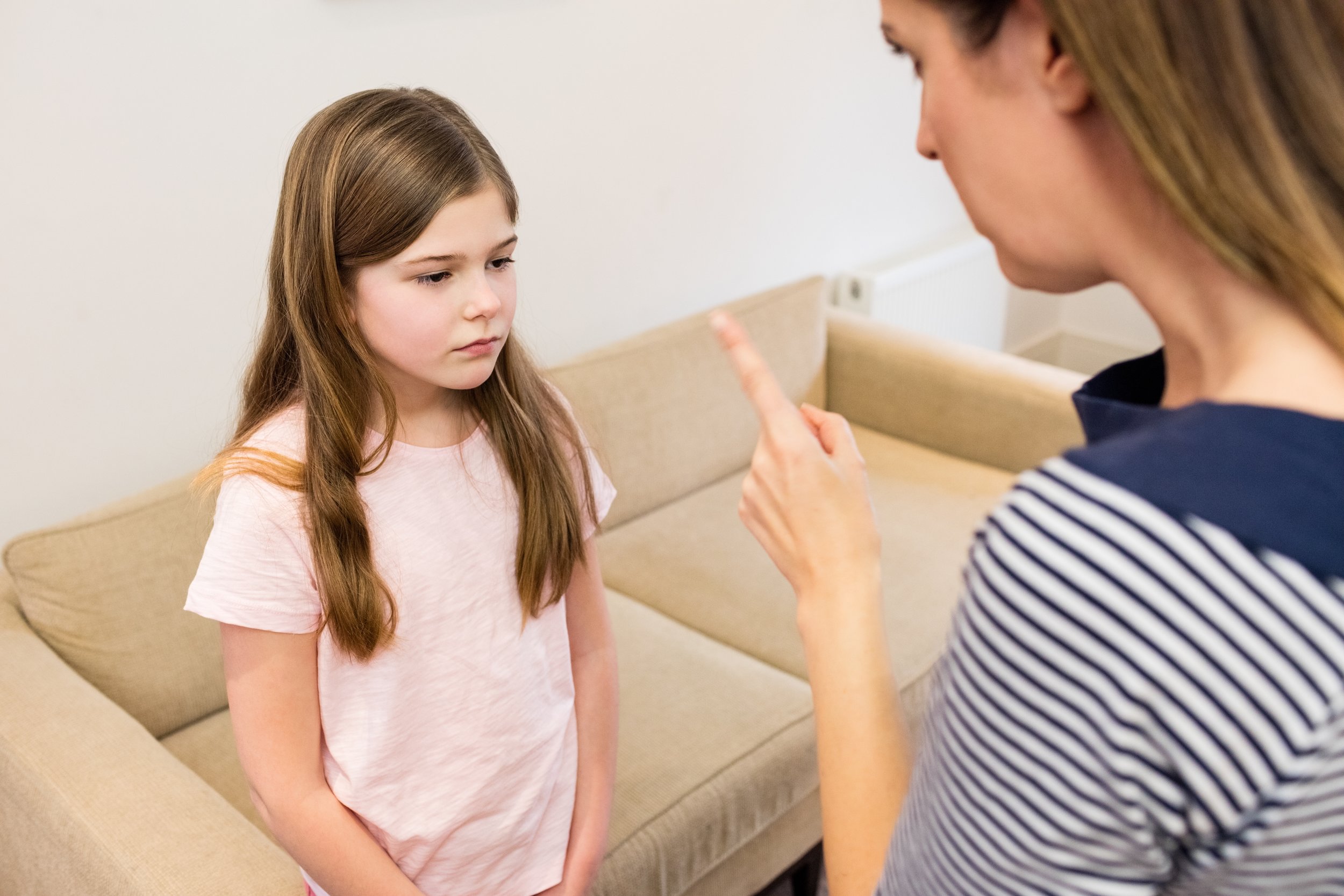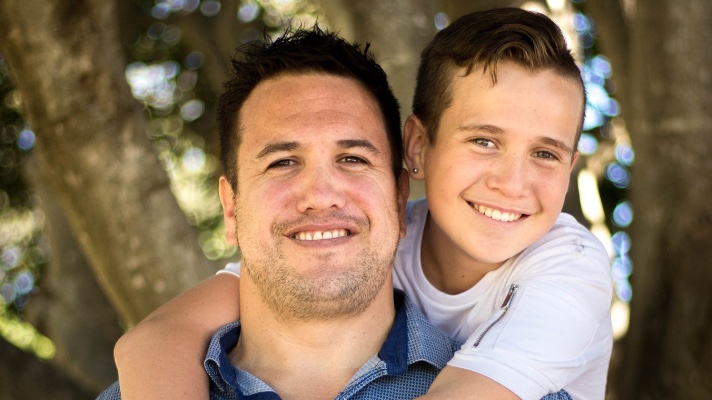What is Bad Parenting? Here are 16 Signs.
16 Signs of Bad Parenting
This article was written by ROHIT GAROO and posted in MomJunction. Read the original here.
Does bad parenting really exist? It seems to be a myth to most parents because parents do not want anything bad for their kids. Unfortunately, bad parenting exists. Parents sometimes indulge in detrimental parenting, leaving a long-lasting effect on the child. It could be unintentional, but the damage is done. No matter how hard you try to fix things, you meet with little success making you wonder “Am I a bad parent?”
You may not realize your moments of bad parenting. Therefore, this MomJunction post makes it comprehensible. Keep reading to learn all about bad parenting, the signs of it, and the ways you can be a better parent.
To read the full article, go to MomJunction.com.
Parenting from the Inside Out
How to Be a Strength-Based Parent
How to Be a Strength-Based Parent
By focusing on our children's strengths, we can help them flourish—and stop being so critical and worried.
[This article was written by Dr. Lea Waters and can be found in the October, 2, 2018 edition of Greater Good Magazine.]
My stomach knotted as I came home after a long day at work to find my fifteen-year-old son Nick playing “Fortnite.” Again.
Just yesterday, I’d spoken with him (read: snapped at him) about screen time. Today, an argument began. Again.
He felt angry. I felt frustrated. We both felt misunderstood.
Why do we zoom in on the things about our children that concern us more than the things that delight us? Why do we find it so hard to resist the urge to criticize, nag, and worry?
Blame it on our brains. Our “negativity bias,” an ancient survival mechanism, hardwires us to spot problems in our environment more quickly than we spot the things that are going well. I call it the Dirty Window Syndrome: A clean window doesn’t attract your attention; you look straight through it. But a dirty window is something you notice. What’s more, your focus on one specific part of the window—the dirt—means you’ll often fail to see that the rest of the window is still clean and showing you a beautiful view.
Read the full article Greater Good Magazine.
About the Author
Lea Waters, Ph.D., is a psychologist, university researcher, author, and speaker who specializes in positive education, parenting, and organizations. She is the 2017-2019 president of the International Positive Psychology Association and is the author of The Strength Switch: How the New Science of Strength-Based Parenting Can Help Your Child and Your Teen to Flourish.
This essay is adapted from The Strength Switch: How the New Science of Strength-Based Parenting Can Help Your Child and Your Teen to Flourish by arrangement with Avery, an imprint of Penguin Publishing Group, a division of Penguin Random House LLC. Copyright © 2017, Lea Waters.
Setting a Godly Example of Intimacy for our Youth
Setting a godly example of intimacy for our youth is the topic of a talk presented by Dr. George and Mrs. Eileen Scipione. They were guest speakers for Titus 2 Community’s Christian Marriage Support group on Facebook. This live presentation was given on Tuesday, September 25, 2018.
You can view the presentation by clicking the button below or going directly to the link here.
If you wish to discuss this topic or receive help in this area, let me know. Contact me today.
Two of the books referenced in their talk are found below:
Science says happier people are raised by parents who do this
Science says happier people are raised by parents who do this one thing...
[This post was originally writte by Jeff Hayden and can be found in Inc.com.]
Want your kids to be happier kids? More importantly, want your children to grow up to be happier and more satisfied for the rest of their lives?
Less Controlling and More Caring
A study from the University College of London found that the people who perceived their parents as less psychologically controlling and more caring as they were growing up were likely to be happier and more satisfied as adults.
On the flip side, the people whose parents applied greater psychological control as they were growing up exhibited significantly lower mental well being throughout their adult lives; in fact, the effect was judged to be similar to the recent death of a close friend or relative.
According to Dr. Mai Stafford, the lead author of the study:
"We found that people whose parents showed warmth and responsiveness had higher life satisfaction and better mental wellbeing throughout early, middle and late adulthood. By contrast, psychological control was significantly associated with lower life satisfaction and mental wellbeing. Examples of psychological control include not allowing children to make their own decisions, invading their privacy and fostering dependence."
Psychological control and behavioral control are different
Psychological control differs from behavioral control. Behavioral control includes things like setting curfews, assigning chores, and expecting homework to be completed.
Behavioral control was determined when respondents disagreed with statements like "Gave me as much freedom as I wanted" and "Let me go out as often as I wanted." While that might sound psychologically controlling, it's not. Those parents set limits on certain types of behaviors -- but not on feelings.
Psychological control involves not letting kids make some of their own decisions, not allowing privacy, and encouraging feelings of dependence.
Psychological control was determined when respondents agreed with statements like "Tried to control everything I did" and "Tried to make me feel dependent on her/him."
If the difference still seems fuzzy, here's an explanation from Nancy Darling, Ph.D.:
- Behavioral control refers to the extent to which parents ask kids to constrain their behavior to meet the needs of others. Strictness is one way to think about it, but I think it is better conceptualized as the parents' expectation that the child conform to high standard--especially when it's difficult. It also captures the extent to which parents follow through on rules they set.
- Psychological control is the extent to which parents try to control the child's emotional state or beliefs. For example, they may use guilt induction or make the child feel that they won't be loved if they don't do what parents want. The core of psychological control is that it assaults the child's self.
"We know from other studies," says Dr. Stafford, "that if a child shares a secure emotional attachment with their parents, they are better able to form secure attachments in adult life. Parents also give us a stable base from which to explore the world, while warmth and responsiveness has been shown to promote social and emotional development. By contrast, psychological control can limit a child's independence and leave them less able to regulate their own behavior."
How can you, the parent show you care?
What can you do to show that you care? What can you do to maintain some degree of behavioral control... without straying into the psychological control zone?
In the study, "caring" was measured by agreement with statements like "Appeared to understand my problems and worries" and "Was affectionate to me."
That should be easy.
Then feel free to set limits you feel are appropriate. Feel free to have expectations. But then go one step farther: Talk about why you set those limits and why you have those expectations. Then allow your kids to talk, and make sure you listen. You may be able to control certain behaviors, but you can't control every opinion -- so don't try. Show that even though you might disagree, you still respect their right to see things differently. Showing respect is a great way to show you care.
And make sure you let your kids make as many of their own decisions as you can. The best way to learn to make smart choices -- and to take responsibility for our actions -- is to start early.
After all, your ultimate goal is to raise them to be successful and independent adults -- because that's a great recipe for happiness and satisfaction.
The opinions expressed here by Inc.com columnists are their own, not those of Inc.com.
ORIGINALLY PUBLISHED ON: MAR 15, 2017








